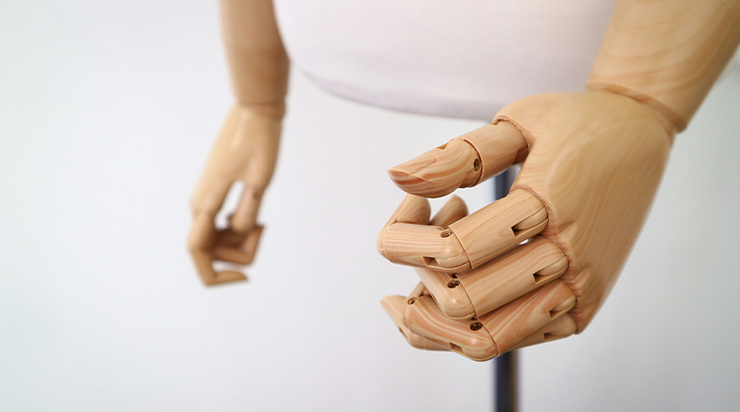India’s growing commitment to accessibility is reflected in the range of government schemes that support assistive technology. These include programs that fund device procurement for users, grants for innovators, and production support for manufacturers.
The ADIP Scheme (Assistance to Disabled Persons for Purchase/Fitting of Aids and Appliances) is the most prominent. It provides free or subsidized devices to eligible beneficiaries through NGOs and certified centers. ALIMCO plays a key role in manufacturing and distribution under this scheme.
For innovators, schemes like BIRAC’s Biotechnology Ignition Grant, Department of Science and Technology’s TIDE, and Startup India Seed Fund offer technical and financial support. Meanwhile, manufacturers can benefit from PLI (Production Linked Incentive) schemes if integrated with national priorities.
Each scheme plays a part—but awareness, red tape, and limited outreach restrict their full potential. Aatma is working to bridge these gaps by helping members navigate applications, compliance, and connections.

Beyond Access: Building Ecosystems
Schemes aren’t just about funding—they’re about creating a supportive environment. Some state governments offer rental subsidies for AT startups or provide access to disability data for research. Others include AT in school or community health programs.
The problem is that these policies remain fragmented. There’s a need for convergence—one digital dashboard, one nodal agency, and one simplified application process.
Aatma envisions itself as a support hub that helps members match with the right schemes, accelerators, or incentives based on their AT role.
“Schemes only succeed when users can access them with ease. India’s future in assistive tech depends on enabling systems, not just announcements.”
From idea to impact, government schemes are vital. Aatma will help demystify, simplify, and multiply their reach for members and innovators.




